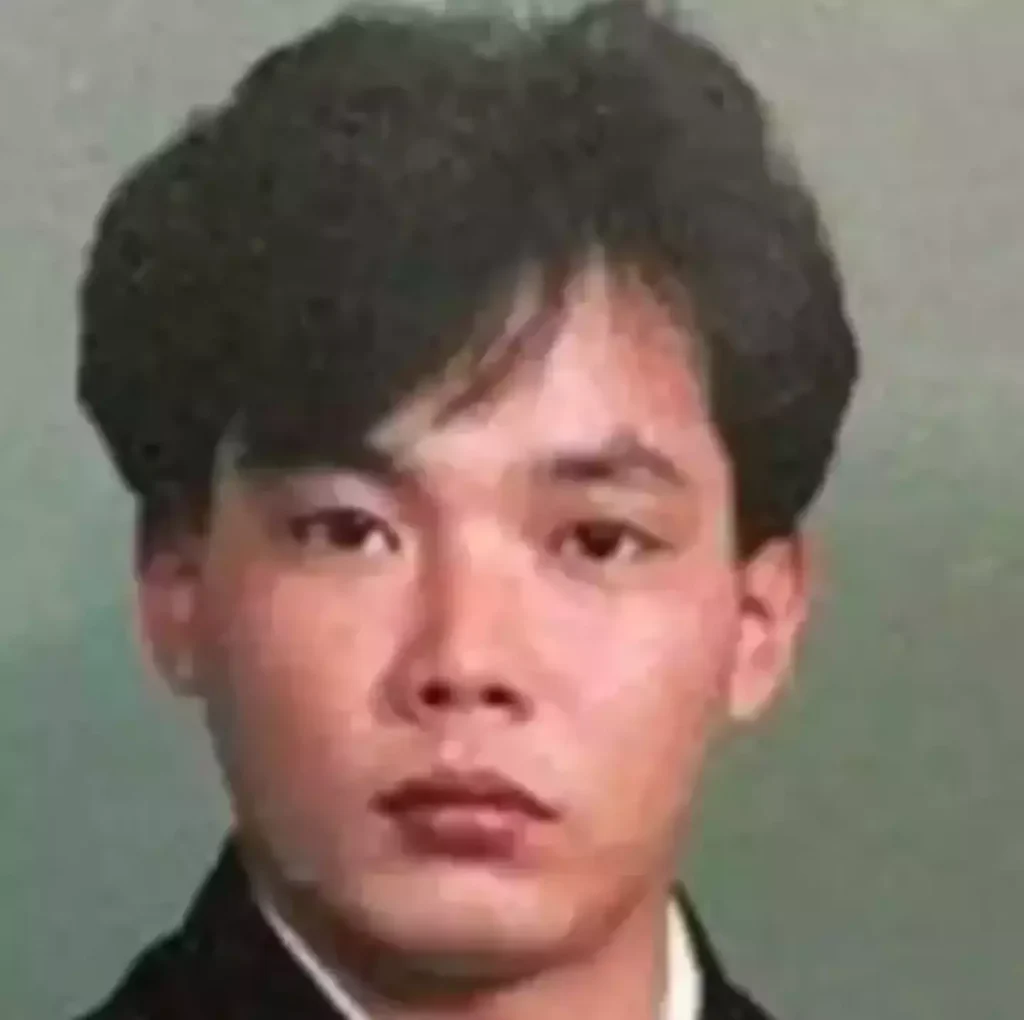After being kept alive for 83 days by doctors, a man died in the most agonizing way ever documented in human history.
Hisashi Ouchi suffered horrifying injuries as a result of the 1999 nuclear disaster in Japan, leaving him ‘crying blood’ and his skin ‘melting’.
In September 1999, Ouchi was in charge of purifying uranium oxide at Tokaimura’s nuclear fuel processing facility so that fuel rods for a research reactor could be made.
A regular day at work quickly turned into anything but as onlookers described the ‘most painful death imaginable’.
Ouchi and two co-workers accidentally triggered the release of radiation from an uncontrolled nuclear chain reaction, causing unimaginable destruction.
The workmen intended to fill a massive metal vat with uranium, and Ouchi assisted a colleague in the risky undertaking.
However, the hazardous liquid reached a “critical point” due to a fatal and devastating miscalculation, and Ouchi was the one who was most affected by the spill.

After getting minor burns, feeling lightheaded, and throwing up a lot, he never imagined the pain that would follow.
Ouchi’s discomfort only grew worse after being exposed to 17 Sieverts (sv) of dangerous radiation, which is four times the amount that is thought to be fatal and more than any other human had ever experienced. He also had trouble breathing.
In contrast, only 0.25 percent were exposed to workers who were trapped in the 1986 Chernobyl disaster.
Ouchi was immediately transported the University of Tokyo Hospital, where he was diagnosed with severely depleted white blood cells, and requiring extensive skin grafts and multiple blood transfusions.

According to local sources at the time of the incident, he was “crying blood” and pleading with medics to end his treatment and end his suffering.
“I can’t take it any more! I am not a guinea pig!” It is reported that he begged.
His bone marrow cells started to show signs of disintegration, and medical professionals observed that he was unable to produce new cells.
Ouchi was forced to eat intravenously for two weeks following the incident because he was no longer able to eat.
In spite of everything, medical professionals were able to keep Ouchi alive, including performing resuscitation after heart failure.
After enduring unbearable agony for less than three months, Ouchi’s body finally failed on day 83 due to multiple organ failure.

